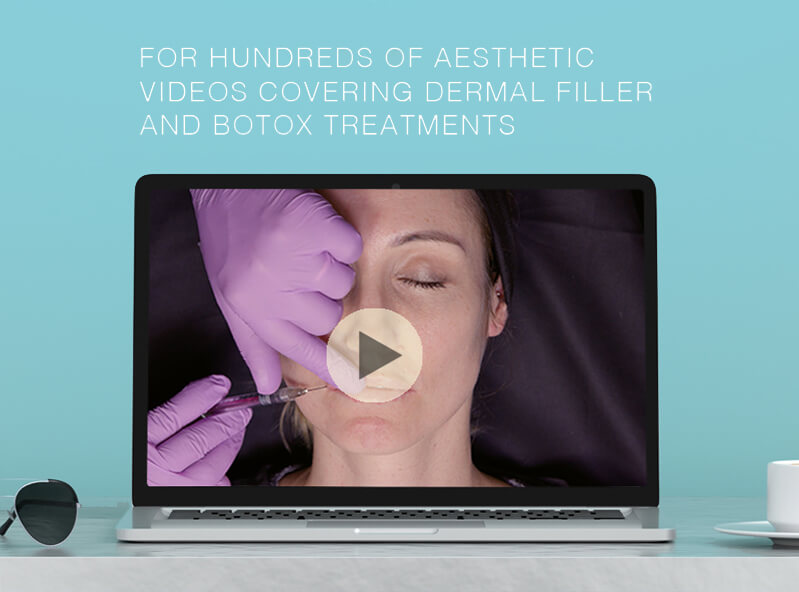As well as using this time to understand your patient or client’s concerns, wants, and needs, you should consider their psychological or emotional state. This is especially important within aesthetics, where sought outcomes from treatment often have a psychological, psychosocial, or emotional basis.
Traditional Medicine vs Aesthetic Medicine
While not all patients who approach you as an aesthetic practitioner will be vulnerable, you are highly likely to encounter clients who are throughout your career. It is worth considering why this happens, and the answer here lies in why patients seek out treatment in the first place. In traditional medicine, people often visit a healthcare professional regarding functional concerns; a hurt wrist that makes it hard to write, or headaches that disturb their work or leisure time. Treatments that address these concerns allow the patient to continue to live their daily life without disruption.
In cosmetic medicine, many concerns are to do with negative feelings or thoughts based on perceived flaws, like unhappiness with the size of the lips or negative feelings towards specific parts of the body. Providing treatment for aesthetic concerns often leads to positive emotional outcomes, like increased confidence and self-esteem that in turn lead to positive social results (e.g. improved relationships with or positive responses from others). However, for some patients, these perceived flaws can exceed ‘normal’ concern and become obsessive.
Body Dysmorphic Disorder
Body Dysmorphic Disorder (BDD) is a mental condition in which the individual has a distorted self-image or a fixation on a particular body part or feature. One study performed in the USA suggests that BDD may affect between 0.7% and 2.3% of the general population, though this is with the awareness that cases of BDD may be underreported by sufferers. Commonly found in clinical settings, BDD is estimated to have a prevalence of between 9% and 12% in dermatology settings, and between 3% and 53% in cosmetic surgery settings.
Patient Assessment for Body Dysmorphic Disorder
Patients may not instantly present BDD, but there are warning signs to look out for:
- An obsession with a particular feature beyond normal dissatisfaction
- Unusual or excessive requests for treatments
- Belief that treatment will transform their life or solve perceived problems
- Excessive comparison of features to other people or celebrities
- Skin picking (in some cases)
- Expressing shame, embarrassment, or disgust at certain features
Patient Assessment and Initial Consultation
There are many questionnaires available to practitioners to give insight into whether a patient may be suffering from BDD, that can be easily incorporated into an initial consultation. If you suspect that a prospective patient has Body Dysmorphic Disorder, you should refer them to a healthcare practitioner who is able to provide mental health support. The recommended treatment for concerns like BDD is Cognitive Behavioural Therapy (CBT). Practitioners should be aware that providing cosmetic procedures to individuals who are suffering from BDD can, in some cases, exacerbate the issue or cause the individual to fixate on another area or feature.
Book Your Course Now
Every patient who walks through your doors will have their own motivation for seeking aesthetic treatment, and these aren’t always positive, hence the importance of thorough patient assessment. For practical experience in providing a consultation for patients, you can book onto a mentoring day with Dr Tapan or another of the experienced PHI College faculty at Dr Tapan’s private practice, PHI Clinic.
To hone your injectable skills, you can find a selection of Botox and dermal filler courses to suit all abilities on our Courses page. For any questions, please get in touch via our contact form.
< Back To BlogVideos With E-Mastr
All attendees receive an exclusive discount on introductory eMASTR subscription following completion of the course, which uses eMASTR resources to supplement theoretical learning. www.e-mastr.com

With an extensive range of videos from step by step treatments to practice matters, you can be safe in the knowledge that you have everything you need there.
Visit E-Mastr